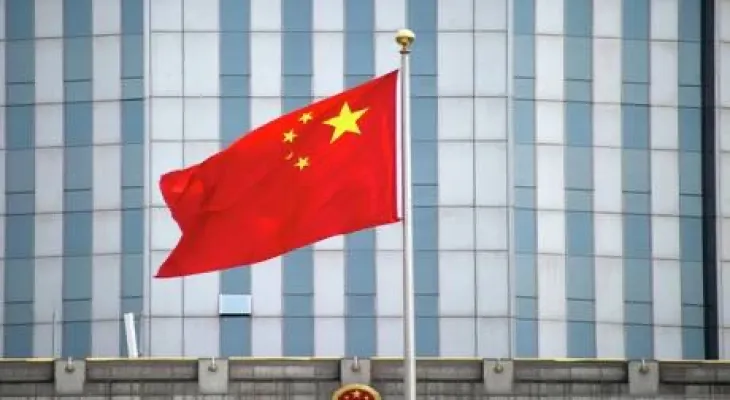Search here
Newspaper
Search here

Arab Canada News
News

Published: May 25, 2025
Beijing – Arab Canada News
China expressed its strong rejection today, Thursday, of the new tariff package announced by U.S. President Donald Trump, affirming that it will take "countermeasures" to protect its economic and trade interests, in a new escalation that signals a revival of tensions between the world's two largest economies.
The Chinese Ministry of Commerce stated in an official announcement:
“The new U.S. tariffs violate international trade rules, cause serious harm to the legitimate interests of the parties involved, and ignore the balance of interests that has been achieved over years of negotiations."
34% on Chinese imports... and the Chinese response is being prepared
The Chinese response came after Trump announced on Wednesday evening that Washington would impose new tariffs of up to 34% on Chinese imports, in retaliation for what he described as “excessive tariffs” imposed by Beijing, which reach 67%.
He also announced a 32% tariff on products coming from Taiwan, which Washington considers part of China under the “One China” policy, complicating the geopolitical landscape further.
Trump: “Today is an economic independence declaration”
Trump described April 2nd as a “historic day on which America regains its economic destiny”, adding that the revenues from the tariffs will be used to lower taxes and pay down public debt.
He said in a speech from the White House:
“During my first term, I received hundreds of billions of dollars from China through tariffs, after decades of escaping payment. Today we are tipping the scales in favor of Americans.”
Tensions return after years of a staged agreement
These statements come nearly four years after the signing of the “phase one trade agreement” between Washington and Beijing in January 2020, in which China pledged to increase its imports of American goods by more than $200 billion over two years.
However, despite the increase in bilateral trade by 3.7% in 2024, and the continued rise in Chinese exports (+4.9%), the trade deficit in favor of China remained, with a slight decline in American exports to Beijing (-0.1%).
Tension returns to the forefront
The American move brings to mind the features of the trade war that erupted between the two countries between 2018 and 2020, when Washington imposed tariffs on Chinese imports worth $370 billion, to which Beijing responded with similar tariffs.
The current escalation is seen as part of Trump's policy to strengthen his electoral position and enhance what he describes as “American economic sovereignty”, although observers warn of its deep impacts on global supply chains and emerging markets.
Conclusion:
Between the fiery statements from Washington and the cautious response from Beijing, U.S.-China trade relations are heading towards a new phase of tension that could have broader implications for the global economy as a whole.
Comments